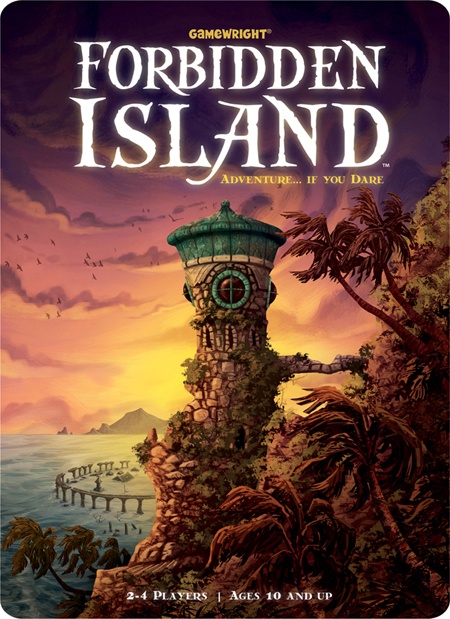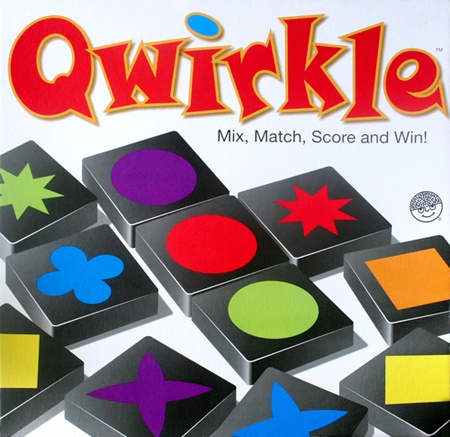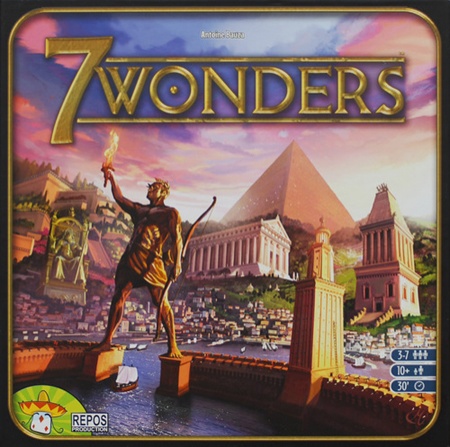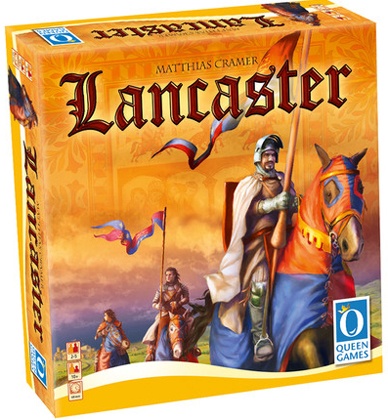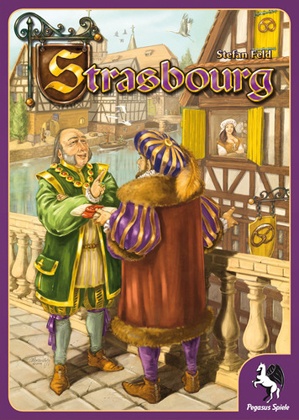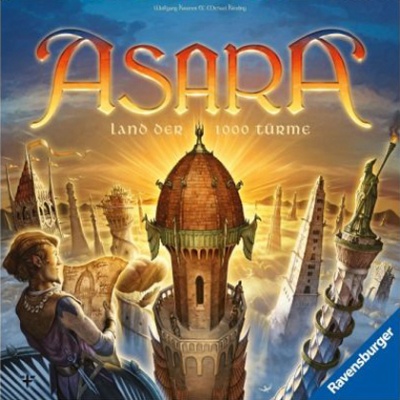
This year there are only three nominees, instead of five, for the prestigious Spiel des Jahres (Game of the Year) Award, but a new category was announced, Kennerspiel des Jahres (Enthusiast’s Game of the Year), which also includes three nominees. The winners of the Spiel des Jahres and Kennerspiel des Jahres Awards will be announced on June 27, 2011. Here are the 2011 nominees for Spiel des Jahres:
Asara is a tower-building game designed by Michael Kiesling and Wolfgang Kramer published by Ravensburger in Europe and Rio Grande Games in the U.S. Created for 2-4 players, ages 9 and up, Asara relies on worker placement and hand management mechanics as players take on the roles of famous architects and compete to obtain the best materials with which to construct flamboyant towers.
The reasonably-priced Forbidden Island, designed by Matt Leacock and published here by Gamewright in 2010, is a cooperative, modular board, adventure game for between 2-4 players, ages 10 and up that has already won a slew of awards (see “Forbidden Island Making Inroads in the Hobby”).
Here are the nominees for Kennerspiel des Jahres for 2011:
7 Wonders, which was designed by Antoine Bauza and is published by Asmodee, is a strategy-filled card game that takes place over three ages, each of which is represented by a deck of cards. Some cards provide immediate help, while others provide aid later on, and others simply provide victory points. Like Dominion, only with an ancient, 3-ages setting, 7 Wonders is basically a card development game. Matthias Cramer’s Lancaster, which is published by Queen Games, is a historical board game set in the early years of the 15th Century in which players, by carefully deploying their knights, vie to become the most powerful ally the ambitious young King Henry V, who is attempting to unify England and conquer France.



